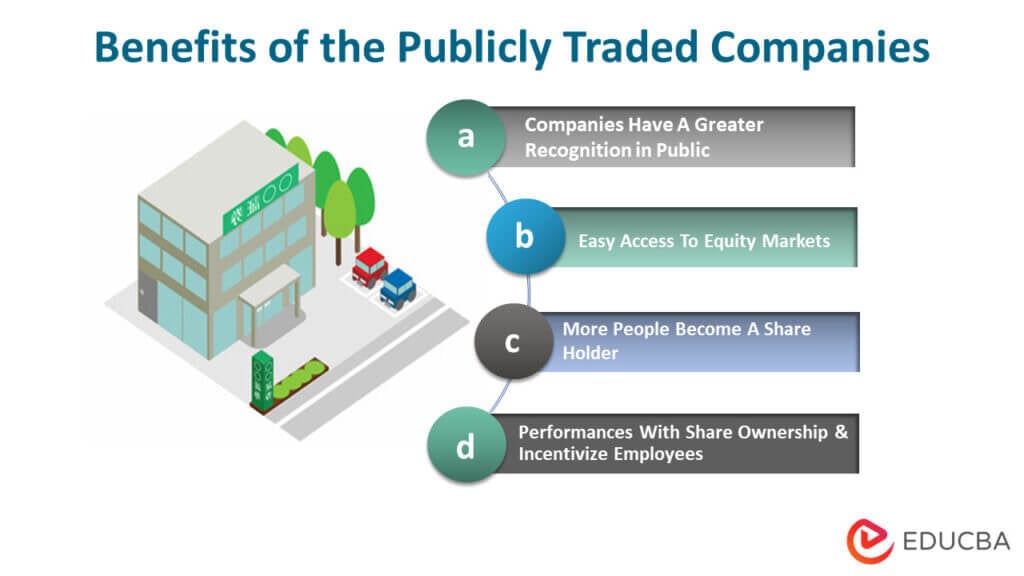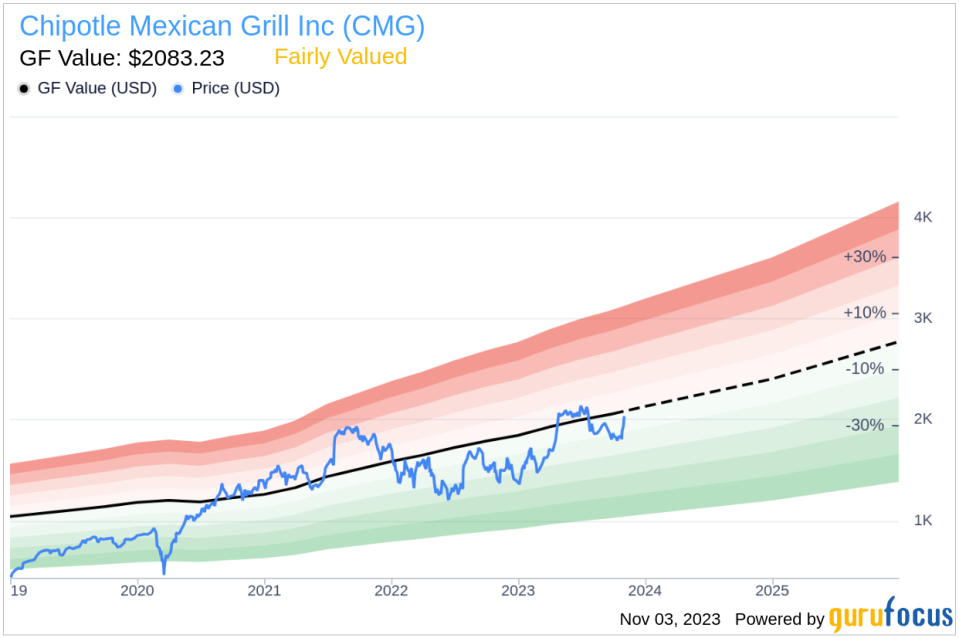Chipotle’s Financial Performance
Chipotle Mexican Grill (CMG) has consistently delivered impressive financial performance, fueled by its focus on fresh ingredients, customizable menu options, and a strong brand reputation. This analysis delves into Chipotle’s recent financial performance, comparing it to its competitors and exploring the key drivers behind its success.
Revenue Growth
Chipotle’s revenue has grown steadily in recent years, driven by a combination of new store openings and comparable-store sales growth. The company’s revenue growth has outpaced the overall fast-casual restaurant industry, highlighting its strong brand appeal and ability to attract new customers.
- In 2022, Chipotle’s revenue reached $8.5 billion, representing a 13.7% increase compared to the previous year.
- The company’s comparable-store sales, a measure of sales growth at existing restaurants, increased by 10.1% in 2022.
- Chipotle’s strong revenue growth is attributed to its focus on menu innovation, digital ordering, and effective marketing campaigns.
Profitability
Chipotle’s profitability has been consistently high, demonstrating its ability to manage costs effectively and generate strong margins. The company’s high profitability is driven by its efficient operations, high pricing power, and loyal customer base.
- Chipotle’s operating margin in 2022 was 18.6%, indicating a strong ability to generate profits from its operations.
- The company’s net income margin was 13.9% in 2022, reflecting its efficient cost management and high pricing power.
- Chipotle’s profitability is further supported by its strong brand loyalty and ability to attract repeat customers.
Key Financial Ratios
Chipotle’s financial performance can be further analyzed through key financial ratios, which provide insights into its liquidity, solvency, and profitability.
- Current Ratio: Chipotle’s current ratio has consistently been above 1, indicating its ability to meet short-term obligations. This demonstrates its strong financial health and ability to manage working capital effectively.
- Debt-to-Equity Ratio: Chipotle’s debt-to-equity ratio is relatively low, suggesting a conservative approach to financing and a strong ability to repay its debt obligations. This demonstrates its financial stability and ability to withstand economic downturns.
- Return on Equity (ROE): Chipotle’s ROE has been consistently high, indicating its ability to generate profits from its shareholders’ investments. This demonstrates its efficient use of capital and strong profitability.
Comparison to Competitors
Chipotle’s financial performance consistently outperforms its competitors in the fast-casual restaurant industry. This highlights its strong brand appeal, efficient operations, and effective growth strategies.
- In terms of revenue growth, Chipotle’s performance has consistently exceeded that of its competitors, such as Panera Bread, Shake Shack, and Starbucks.
- Chipotle’s profitability metrics, including operating margin and net income margin, are also higher than those of its competitors, demonstrating its superior cost management and pricing power.
- Chipotle’s financial ratios, such as current ratio and debt-to-equity ratio, reflect a stronger financial position compared to its competitors.
Key Drivers of Financial Performance, Chipotle stock
Chipotle’s financial success is driven by several key factors, including its commitment to fresh ingredients, menu innovation, digital ordering, and effective supply chain management.
- Fresh Ingredients: Chipotle’s focus on using fresh, high-quality ingredients has resonated with consumers, driving brand loyalty and premium pricing power.
- Menu Innovation: The company continuously introduces new menu items and promotions, keeping its offerings fresh and appealing to a diverse customer base.
- Digital Ordering: Chipotle has embraced digital ordering and delivery, enhancing convenience for customers and increasing order volume. This has also helped streamline operations and reduce labor costs.
- Supply Chain Management: Chipotle’s efficient supply chain management ensures consistent availability of high-quality ingredients at competitive prices. This contributes to its high profitability and strong brand reputation.
Chipotle’s Growth Strategy

Chipotle has a well-defined growth strategy that focuses on expanding its restaurant footprint, enhancing its menu offerings, and leveraging digital platforms to reach a wider customer base. This strategy aims to drive revenue growth, increase brand awareness, and solidify its position as a leader in the fast-casual dining segment.
New Restaurant Openings
Chipotle’s growth strategy heavily relies on opening new restaurants. The company plans to open approximately 200-250 new restaurants annually, with a focus on both urban and suburban locations. This expansion strategy is expected to significantly increase Chipotle’s revenue and market share. The company aims to achieve this by:
- Identifying strategic locations with high foot traffic and strong demographics.
- Investing in new restaurant designs and technologies to improve efficiency and customer experience.
- Leveraging data analytics to optimize restaurant placement and operations.
Menu Expansion
Chipotle’s growth strategy also includes expanding its menu offerings to attract new customers and cater to evolving consumer preferences. The company has been introducing new menu items, such as its plant-based chorizo and cauliflower rice, to appeal to health-conscious consumers. Additionally, Chipotle is exploring opportunities to expand its menu beyond its core offerings of burritos, bowls, and salads.
Digital Initiatives
Chipotle is aggressively investing in digital initiatives to enhance customer convenience and drive sales. The company’s digital ordering and delivery platforms are seeing strong growth, contributing significantly to its overall revenue.
- Chipotle’s mobile app allows customers to order and pay for their meals in advance, reducing wait times and improving the overall dining experience.
- The company has partnered with delivery platforms such as DoorDash and Uber Eats to expand its reach and offer convenient delivery options.
- Chipotle is also exploring new digital initiatives, such as personalized offers and loyalty programs, to enhance customer engagement and drive repeat business.
Potential Impact on Financial Performance
Chipotle’s growth strategy is expected to have a positive impact on its financial performance. New restaurant openings will increase revenue and profit margins, while menu expansion and digital initiatives will drive sales growth and enhance customer loyalty.
“Chipotle’s growth strategy is expected to result in significant revenue growth and profitability expansion in the coming years.” – Morgan Stanley Research Report
Challenges and Opportunities
Chipotle’s growth strategy also presents certain challenges and opportunities.
- Competition: The fast-casual dining segment is highly competitive, with numerous players vying for market share. Chipotle needs to constantly innovate and adapt to remain competitive.
- Labor Costs: The tight labor market and rising wages are putting pressure on Chipotle’s operating costs. The company needs to find ways to attract and retain employees while controlling labor expenses.
- Supply Chain Disruptions: Global supply chain disruptions have impacted Chipotle’s ability to source ingredients consistently and affordably. The company needs to find ways to mitigate these disruptions and ensure a reliable supply of high-quality ingredients.
- Economic Downturn: A potential economic downturn could impact consumer spending and affect Chipotle’s sales. The company needs to develop strategies to weather any economic headwinds.
Chipotle’s Competitive Landscape: Chipotle Stock

Chipotle Mexican Grill faces intense competition in the fast-casual restaurant industry, where numerous players vie for customers’ attention and wallets. This section delves into the key competitors, analyzes Chipotle’s strengths and weaknesses relative to them, and examines the competitive dynamics that impact Chipotle’s stock price.
Key Competitors in the Fast-Casual Restaurant Industry
The fast-casual restaurant industry is a dynamic and fiercely competitive space. Chipotle’s key competitors include:
- Qdoba Mexican Eats: A subsidiary of Jack in the Box, Qdoba offers a similar menu to Chipotle, featuring customizable burritos, bowls, and tacos. It has a wider geographic reach than Chipotle, but its menu is generally considered to be less premium.
- Moe’s Southwest Grill: Another major player in the fast-casual Mexican space, Moe’s Southwest Grill is known for its customizable burritos, quesadillas, and salads. Its menu is somewhat broader than Chipotle’s, including options like nachos and queso.
- Panera Bread: While Panera Bread offers a wider variety of menu items, including soups, salads, sandwiches, and baked goods, it competes directly with Chipotle in the fast-casual segment with its customizable bowls and salads. Panera’s focus on fresh ingredients and a more upscale ambiance differentiates it from Chipotle.
- Subway: The largest fast-casual restaurant chain globally, Subway offers customizable sandwiches, salads, and wraps. Its extensive menu and wide geographic reach make it a significant competitor, especially in the value-oriented segment.
- Shake Shack: Though primarily known for its burgers and fries, Shake Shack has expanded into the fast-casual market with its customizable bowls and salads, directly challenging Chipotle in the premium fast-casual space.
Competitive Strengths and Weaknesses
Chipotle’s competitive strengths and weaknesses are best understood when compared to its rivals:
| Strengths | Weaknesses |
|---|---|
| Focus on fresh, high-quality ingredients | Higher prices compared to some competitors |
| Strong brand recognition and customer loyalty | Limited menu options compared to some competitors |
| Efficient and streamlined ordering process | Susceptibility to food safety concerns |
| Strong digital ordering and delivery capabilities | Limited international presence |
Competitive Dynamics and Impact on Stock Price
The competitive dynamics in the fast-casual restaurant industry are constantly evolving. Key factors influencing Chipotle’s stock price include:
- Price wars: The industry is prone to price wars, where competitors lower prices to attract customers. This can impact Chipotle’s margins and profitability, potentially affecting its stock price.
- Menu innovation: Companies are constantly innovating their menus to stay ahead of the competition. Chipotle’s ability to introduce new and exciting menu items while staying true to its brand values is crucial for its stock price performance.
- Consumer preferences: Fast-casual restaurants are sensitive to changes in consumer preferences. As consumers become more health-conscious and seek sustainable options, Chipotle’s focus on fresh, high-quality ingredients can be a competitive advantage.
- Technological advancements: The industry is increasingly adopting digital ordering and delivery platforms. Chipotle’s ability to leverage technology to improve customer experience and efficiency can drive stock price growth.
Chipotle stock has been on a rollercoaster ride lately, mirroring the ups and downs of the fast-casual restaurant industry. It’s interesting to note that Brian Niccol, the CEO who’s been at the helm of Chipotle’s recent success, has a hefty net worth, as you can see here.
While his personal wealth is impressive, investors are ultimately looking for Chipotle to continue its growth trajectory and deliver strong returns on their investment.
Chipotle stock has been on a roll lately, and it’s easy to see why. Their focus on fresh ingredients and customizable burritos has resonated with consumers. But it’s not just about the food; it’s also about the leadership. Take a look at Starbucks CEO Laxman Narasimhan , who’s leading the coffee giant through a period of significant growth.
He’s a master of innovation and customer engagement, and his strategies are worth studying for any company looking to grow. Just like Narasimhan is shaping the future of coffee, Chipotle’s focus on quality and innovation is sure to keep them at the top of the fast-casual game.
